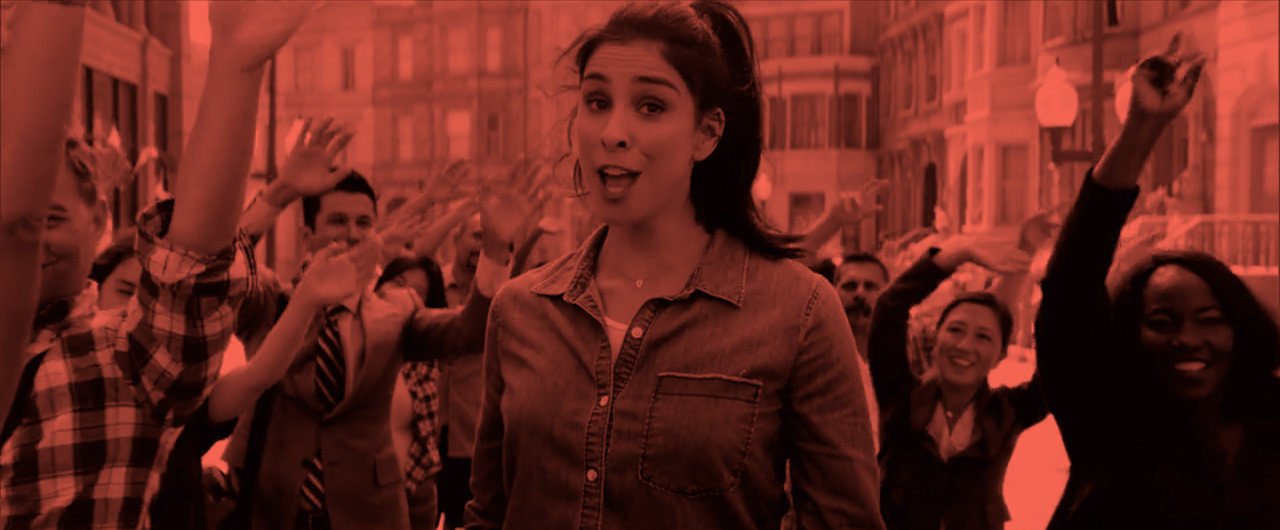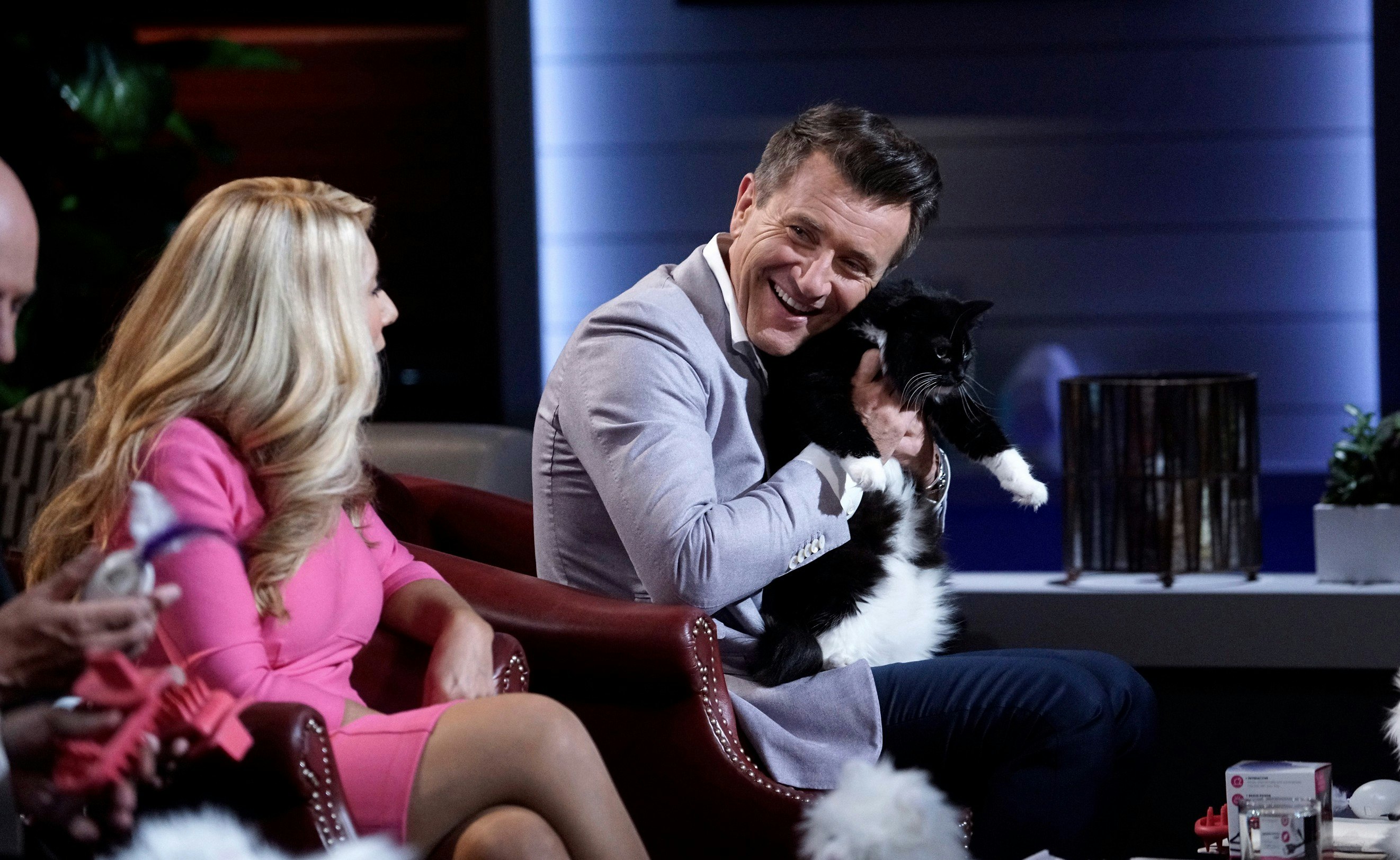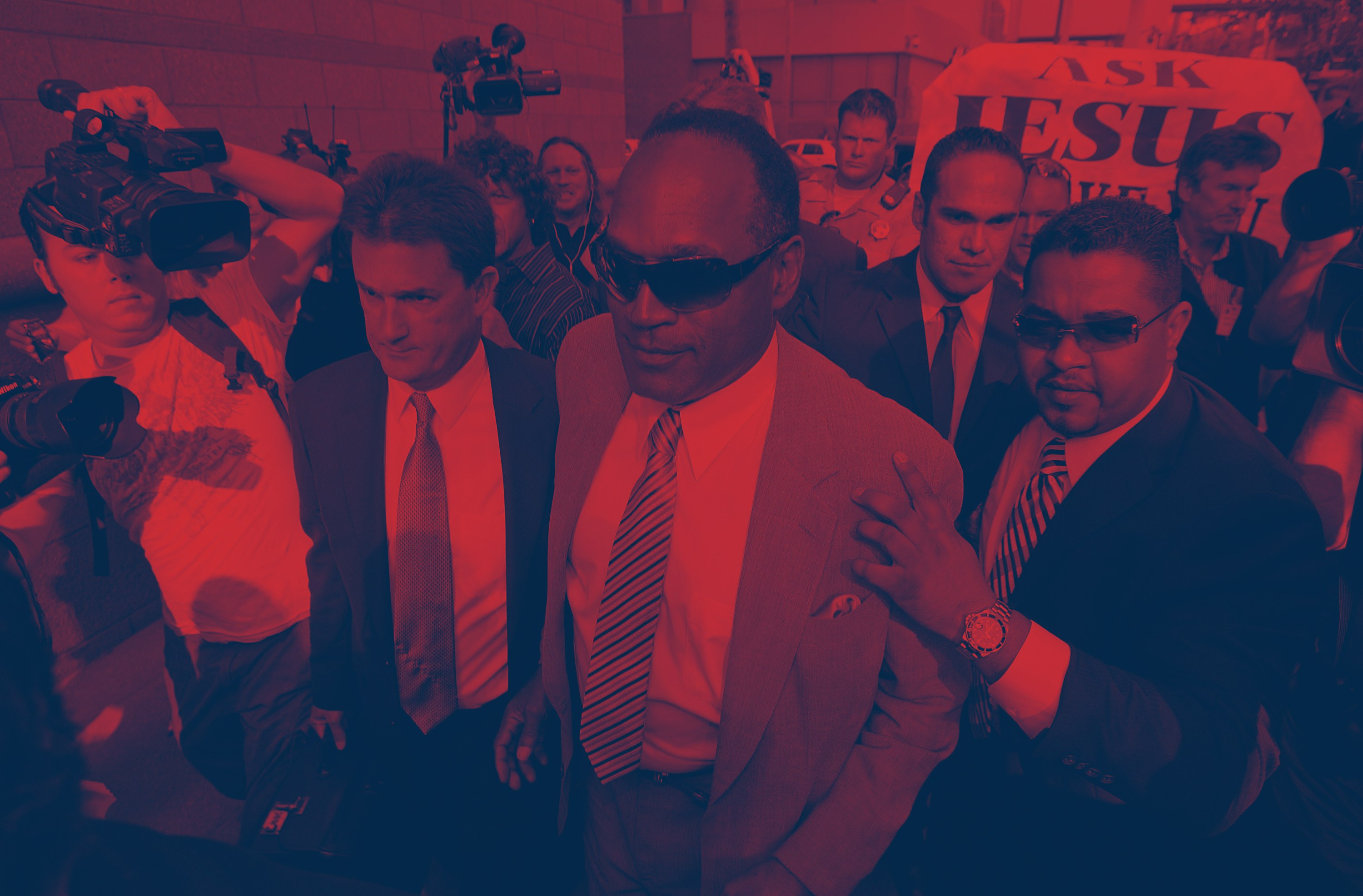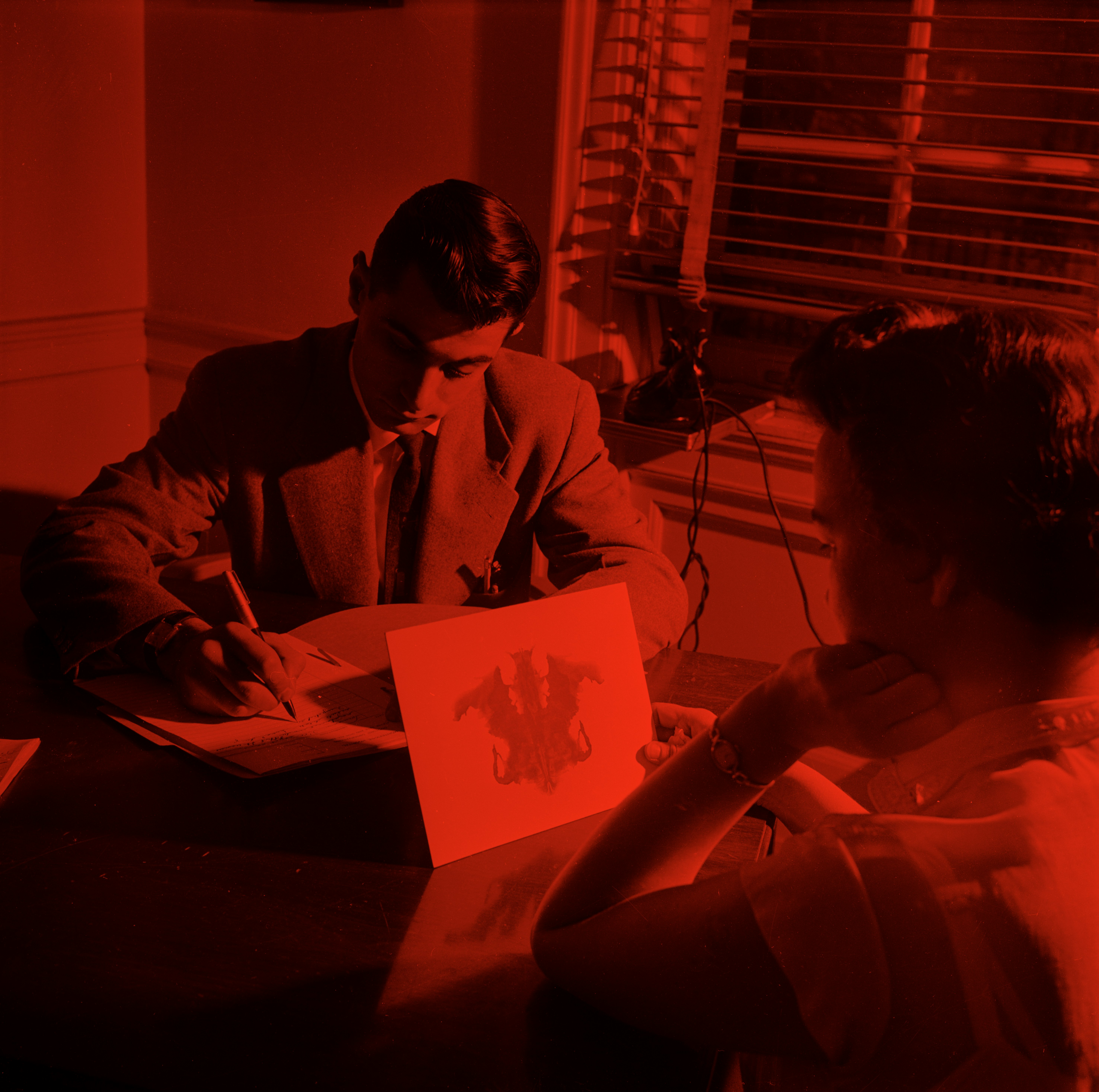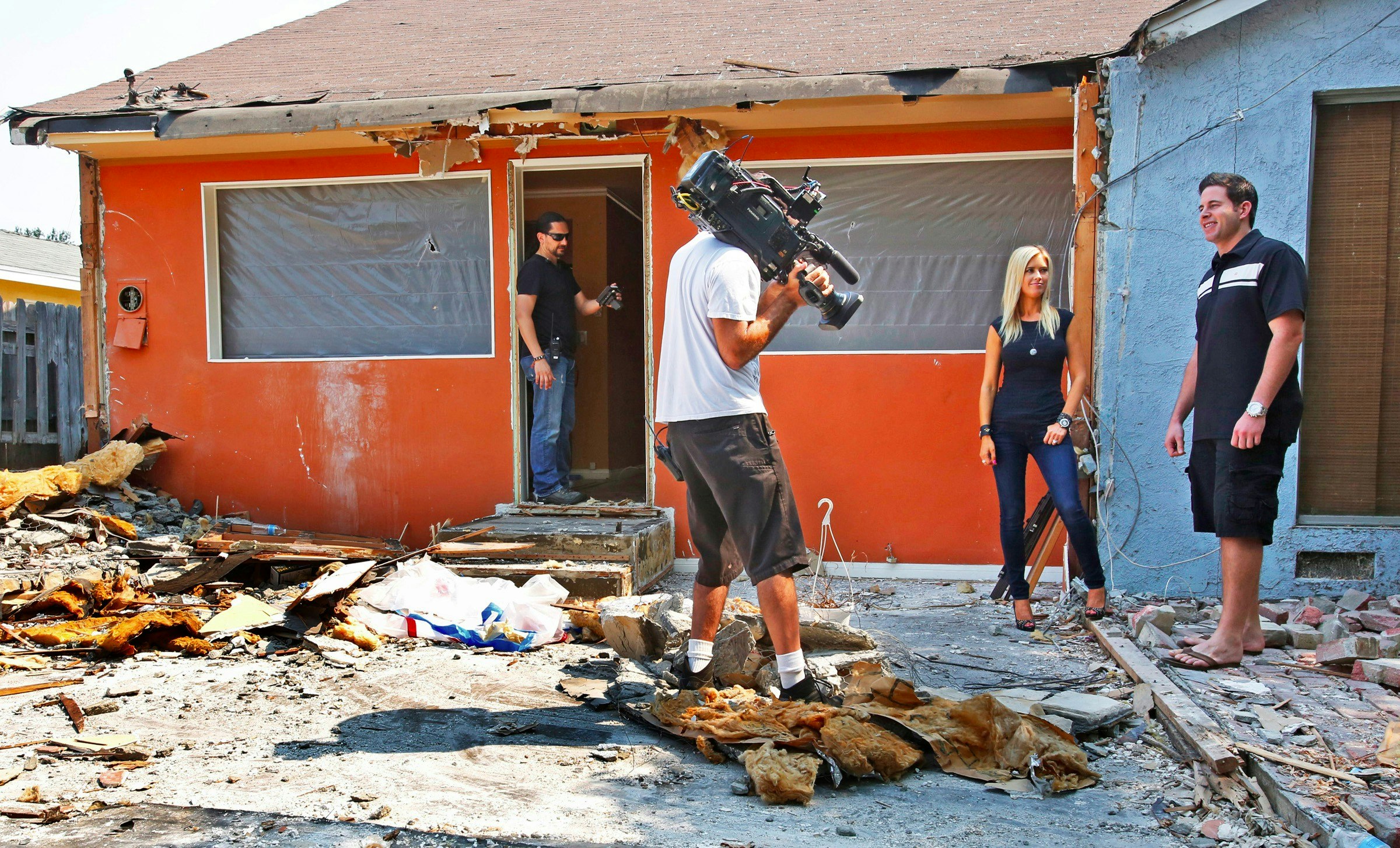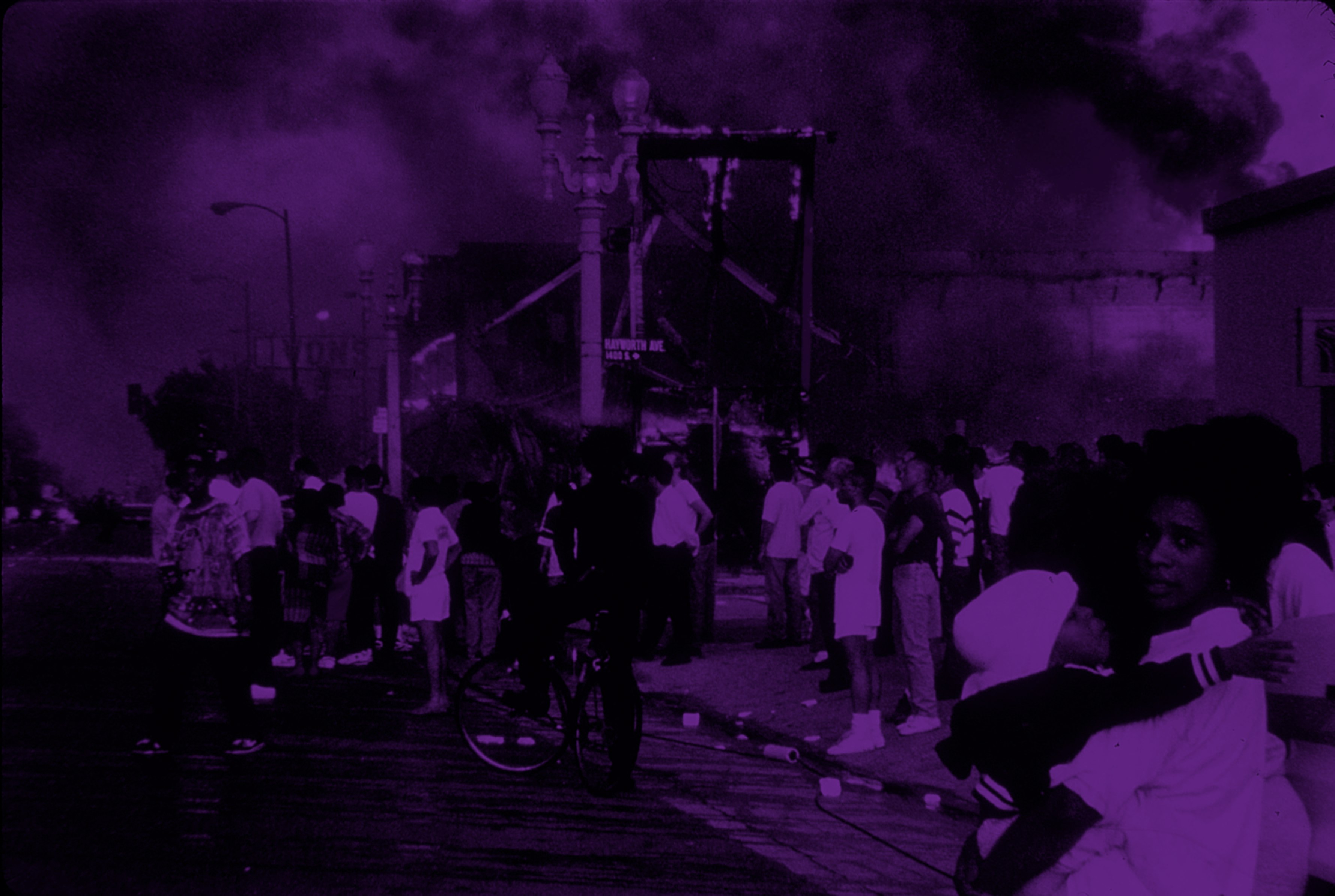There’s something different about Sarah Silverman. The 46-year-old stand-up comic who is known for her ironically un-PC brand of humor seems to have left a bit of that style behind on her new Hulu show I Love You, America which premiered on October 13. The show is a unique combination of talk show and comedic documentary series, on which Silverman attempts to learn about the world outside of her home in Los Angeles in order better understand Americans’ varying political views.
She visits people across the country and interviews subjects that have undergone some kind of transformation (her premiere episode guest is former Westboro Baptist Church member Megan Phelps-Roper). And along the way she pokes fun at her ignorance instead of attempting to deflate it with sarcasm and mockery. “I live in a bit of a bubble,” she says in the premiere, citing her career and location. “And as a result, it’s possible I may have some unfair preconceived notions about what people are like in the rest of America, but that’s the cunty part of me I’m trying to change with this show.”
Donald Trump’s election seems to have had the same effect on Silverman as it has on millions of other well-meaning white liberals: It sparked a reaffirmation of their anti-racist, pro-LGBT values, while also inspiring an attempt to better understand what is “different” about those who disagree with them. For her first effort, Silverman travels to Chalmette, Louisiana to meet the Standers, a working-class family of “Christian, gun-owning Trump voters.”
Over a homemade dinner, Silverman, the first Jew the family has ever met, and the family discuss Trump (they like him), Obama (they don’t like him), and gay marriage (they support it, though two of the men in the family do so with some reserve). For Silverman, the discussion is an exercise in picking your battles. After 26-year-old Brandi complains Obama gave too many handouts, Silverman doesn’t push back, instead asking them about their healthcare coverage, letting the audience make its own conclusions when the family answers that they are on Medicaid and Obamacare. She does push back, though, when Brandi expresses doubt as to where the former president is actually from.
At the end of the segment, Brandi, whom Silverman describes as the matriarch of the family, comments on how nice it was to speak to someone who had different views from her without being judged. It’s a sentimental statement (though incorrect — at least some of Silverman’s home audience surely is judging them, not to mention the studio audience, which giggles and gasps throughout the show) that points to one of the show’s successes: highlighting American TV viewers’ desire for dialogue outside of the outrage media cycle and for discussion that is reasoned and informative without being dry or elitist.
Familiarity can reveal the difficult truth that you may not be as distant from what you fear as you previously believed.
But hearing Silverman reflect on the conversation — “We did learn that we don’t have to be divided to disagree” — I could not help but wonder how it would have looked had it occurred closer to home. Silverman is embarking on a mission many New York and LA media outlets have attempted since the election: to learn more about Middle America. In her opening monologue setting up I Love You, America as her own personal journey of enlightenment, she presents the show as her peers’ opportunity to learn more about the kind of political views that supposedly result from a perspective denied to her by way of class and location. It’s not an altogether wrong conclusion to draw, but it also allows her and her viewers some distance from identifying too strongly with Brandi, who when discussing Obama asks, “He’s an immigrant, isn’t he?”
What if Silverman were to have such a conversation with a fellow woman working in Hollywood? People who have different views but also share her or her presumed audience’s current circumstances and past experiences remain unaddressed, perhaps because they are harder to tolerate. The nationwide unfriending and blocking spree that occurred during the election is evidence enough of that, but the show’s premise erases those people who disagree and are closer to home, even if the its mission statement presents them as just as deserving of being heard. Silverman is right in admitting that she is in a liberal bubble, but that bubble is a mindset, not a physical region. I’ve spent my life in blue state liberal bubbles, but I still have ex-classmates who migrated to New York and Los Angeles and, yes, voted for Trump. I know even more people who voted for Hillary, but still hold regressive views on race, class, gender, and sexuality. Silverman claims that familiarity can prevent the wounds caused by disagreement, but sometimes that familiarity makes those disagreements even harder to understand. Familiarity can reveal the difficult truth that you may not be as distant from what you fear as you previously believed.
In an interview with Vulture, Silverman said Michelle Obama’s comments that women who voted against Hillary Clinton voted against their own interests were “not her cup of tea” (despite talking out her frustration, at the end of the show’s official song, with voters who dare call her ‘Hollywood elite’ while voting for “rich fucks”), perhaps getting to the heart of how hard it can be to critique those who you disagree with, but are otherwise closely related to. Considering 52 percent of white women voted for Donald Trump as well as almost a third of California’s overall population, it’s not a stretch to say that Silverman probably knows at least one woman Trump voter within what she calls her “liberal bubble.”
The acknowledgement that people in Middle America aren’t the main part of the problem, that people everywhere on both sides of the political fence contributed to Trump’s ascendance, doesn’t make it into the show’s premiere. That perspective, one that seeks understanding across the fence rather than examining whether that fence really exists, will ultimately lead Silverman into the trap she is trying to escape. There may be value in a Hollywood celebrity learning what “real” Americans think and feel, but I’d argue that there is just as much if not more value in Silverman’s examining the hypocrisy and ignorance that exists within her comfort zone as well. If Silverman is truly seeking to gain a better understanding, as she claims, hopefully her show will take the hard step of interviewing someone closer to home and with whom it’s not so easy to draw a line between them and herself.
Ultimately, Silverman’s show attempts to defy the bounds of the “liberal bubble” by relying mostly on gaining geographic distance. But until Silverman better articulates for her audience what that liberal bubble actually also encompasses the belief that liberals and people on the coasts are exceptional, her attempt at demonstrating what reasoned, judgement free, cross-cultural dialogue can look like will always fall short in the end.
